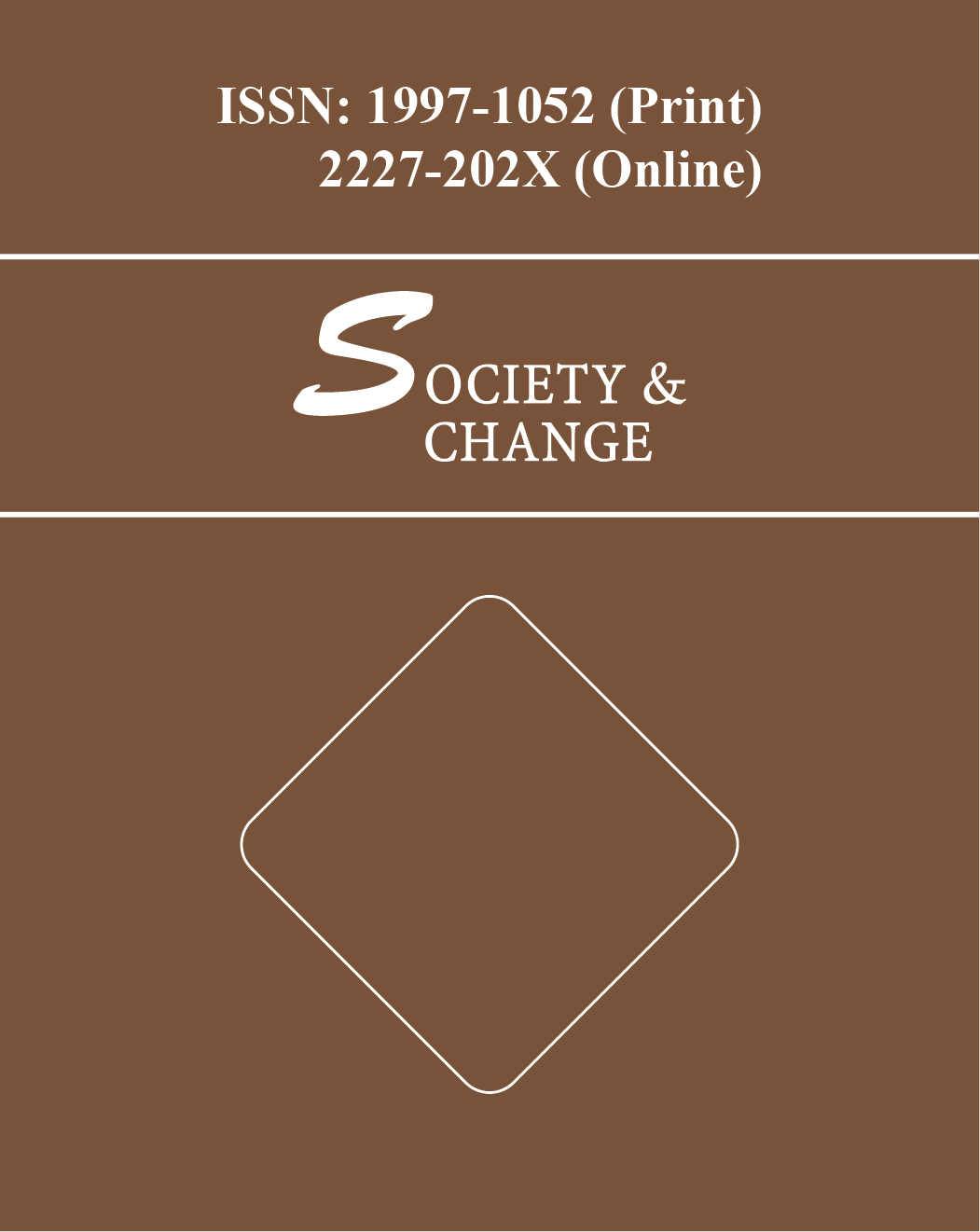Among others, the rise of new divisive nationalism starts polarizing the diverse ethno-cultural identities once again in South Asia, which consequently slows the socioeconomic integration of the region. However, today at the age of globalization, the regional integration is a simple necessity of our time. The policy paper forespeaks how a united South Asian model can turn the region into a world's leading economic hub, scientific and cultural excellencies, on the basis of reviving multiculturalism and secular polity of democracy. The qualitative analyses of the paper critically reassess some multiple challenges, i.e. lack of political consensus, illegal migrations, geopolitical games, neo sub-grouping inside SAARC mechanism, which grow consequential distrusts among the neighboring governments and further thwart the process of transboundary interaction among the regional citizens. Besides, the Big Power competitions of hegemony continue fomenting enmity at state level and disseminate communal hatreds among the masses in South Asia.However putting these setbacks, still towards the possibilities of transformations, the paper, maybe hypothetically, remodels an architecture for tomorrow's unification of South Asia. In addition, it seeks to trend a bottom-up approach tentatively suitable to the rebuilds of common regional embodiment beyond the separation of borders, cultural diversities, and narrowed concepts of nationalism, all against the latest political manipulation. Towards nearing these targets, the paper recommends a specific set of measures, which mainly include promoting socioeconomic cooperation through the practices of multiculturalism and increased citizen's connectivity and thus to pursue lasting peace and sustainable development in the region. Above all, it ultimately prioritizes liberal exchanges of South Asians in multidisciplinary fields of politics, academics and socioeconomic sectors on a shared basis, which work as preconditions for evolving greater possibilities of regional integration.



 Additional Indexing
Additional Indexing